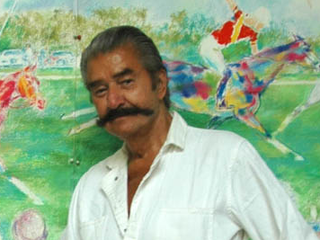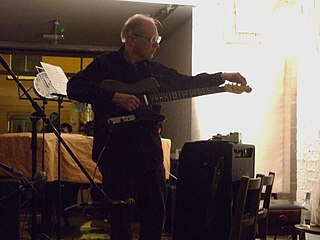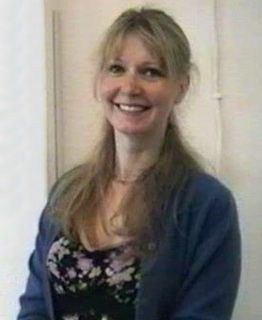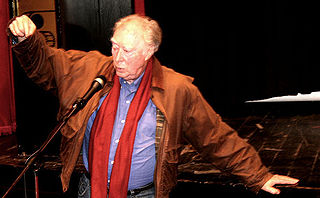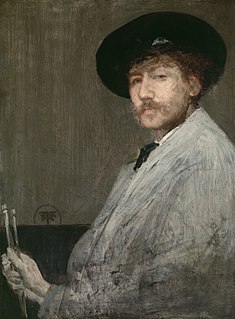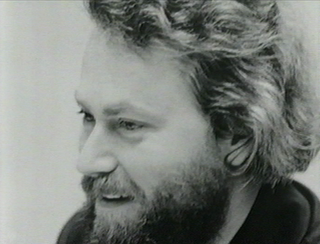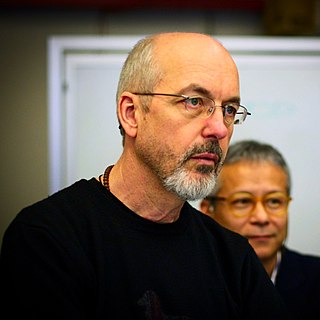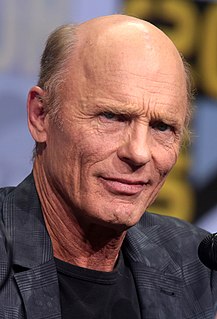A Quote by LeRoy Neiman
The big shock of my life was Abstract Expressionism - Pollock, de Kooning, those guys. It changed my work. I was an academically trained student, and suddenly you could pour paint, smear it on, broom it on!
Related Quotes
The word 'abstract' comes from the light tower of the philosophers. One of their spotlights that they have particularly focused on 'Art'. [Abstraction was] not so much what you could paint but rather what you could not paint. You could not paint a house or a tree or a mountain. It was then that subject matter came into existence as something you ought not have.
I remember being handed a score composed by Mozart at the age of eleven. What could I say? I felt like de Kooning, who was asked to comment on a certain abstract painting, and answered in the negative. He was then told it was the work of a celebrated monkey. 'That's different. For a monkey, it's terrific'.
I switched up so that I could work 12-hour shifts at the firm on the weekends so I could have days free to paint. But it was almost like I had a secret life, because I wasn't showing any of my work. It was just in my house. In '89, I got a grant from the National Endowment for the Arts. That's when I started to get into group shows. Suddenly I sort of "came out" as an artist.
I never played sports or got into the whole guy camaraderie of, like, 'I love you, man! Seniors forever!' So suddenly being in the military with these guys who were under these very heightened circumstances, isolated from their families, living this very kind of Greek lifestyle, it changed my life in a really big way.
